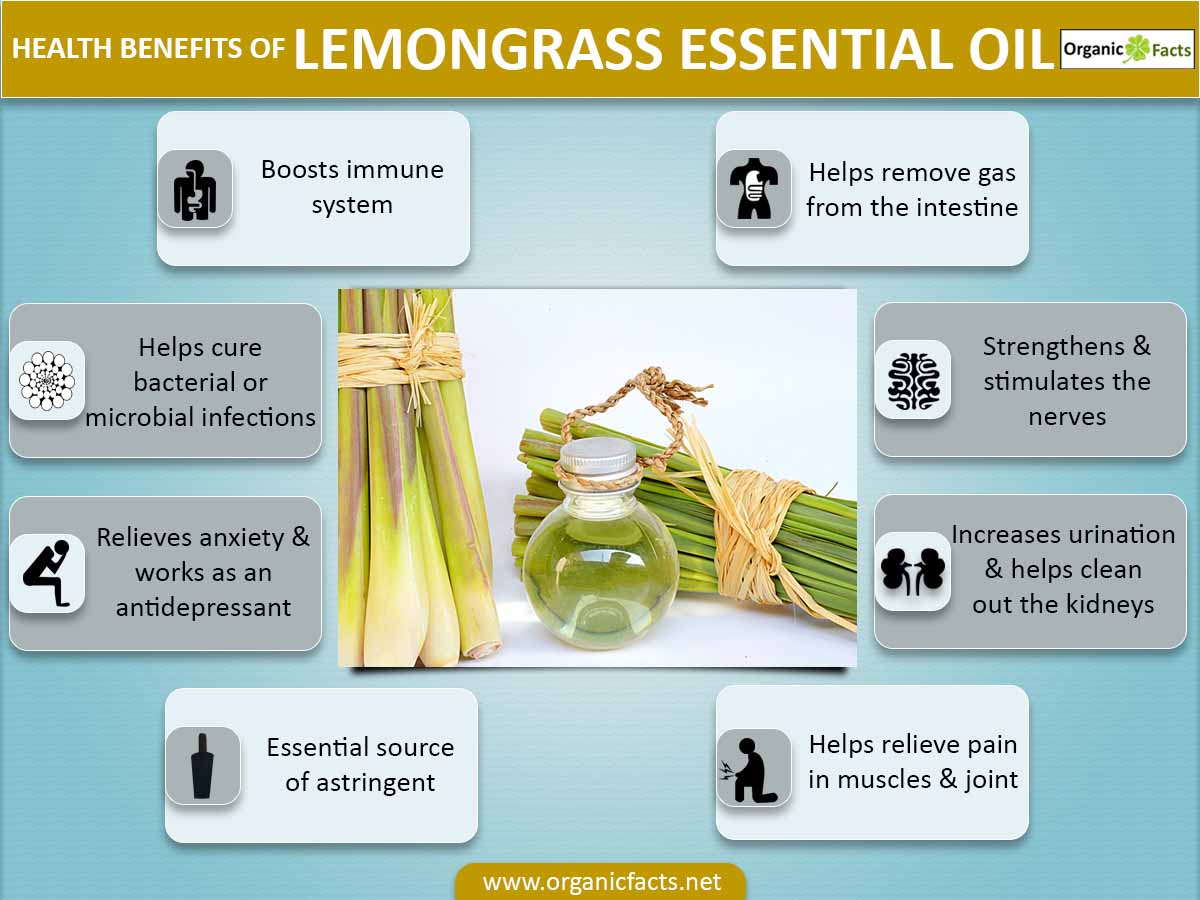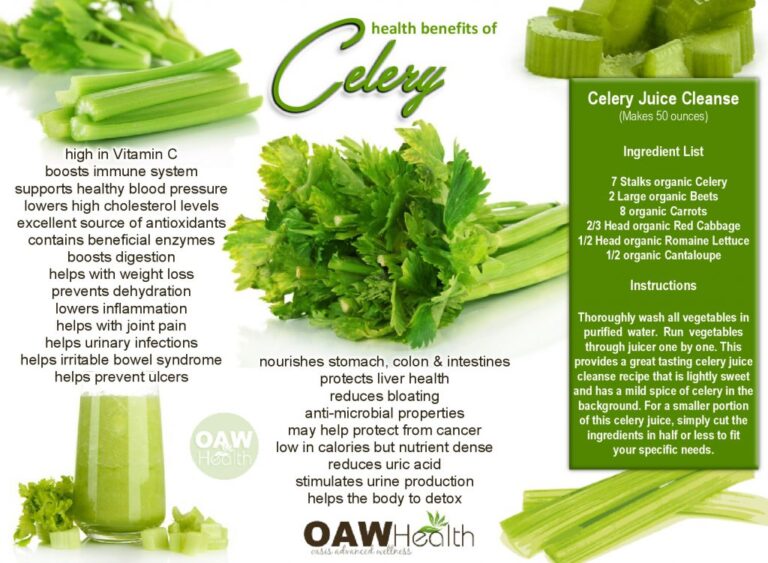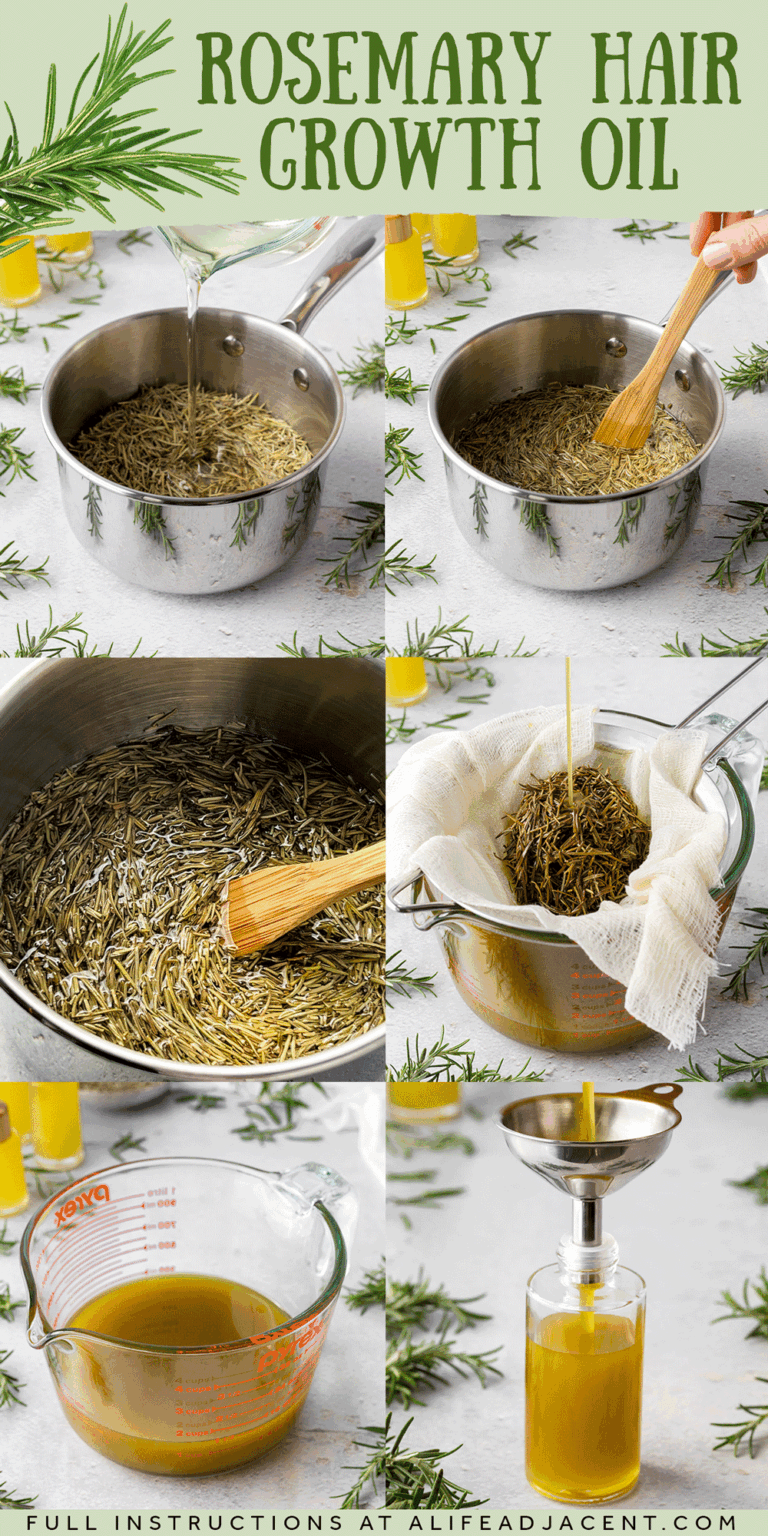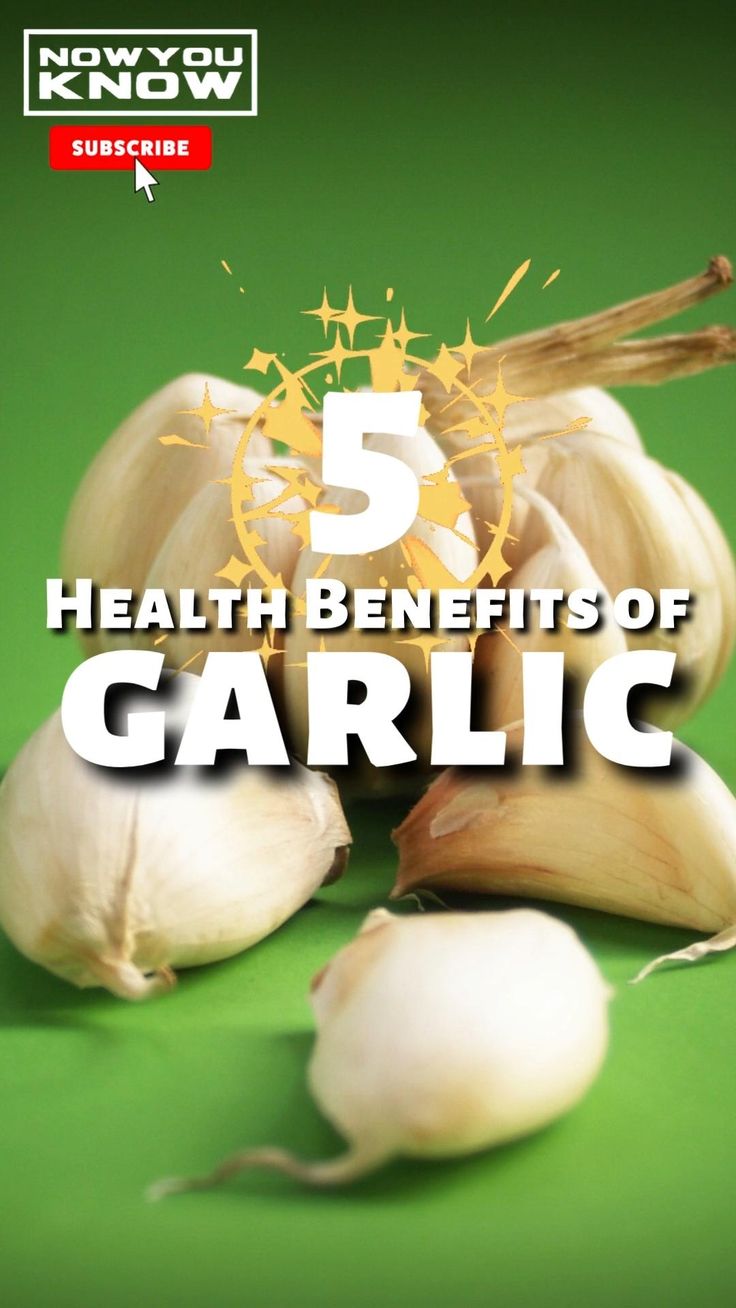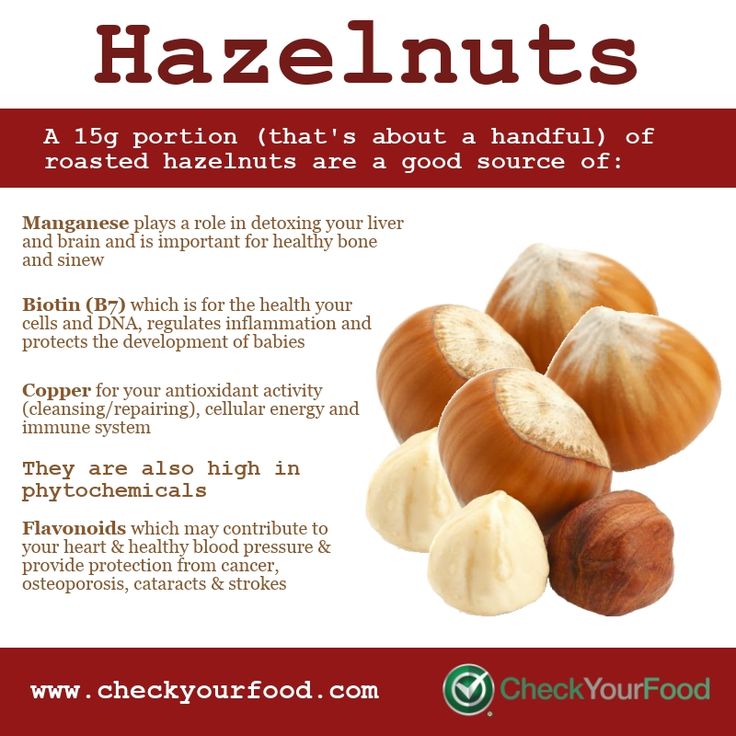8 Proven Health Benefits of Lemongrass (Backed by Science)
The air is thick with the promise of a warm evening. A gentle breeze carries the scent of something exotic, vibrant, and undeniably fresh. It’s the aroma of lemongrass, a fragrance that conjures images of bustling Southeast Asian markets, tranquil Ayurvedic retreats, and steaming cups of herbal tea. For centuries, across cultures and continents, Cymbopogon citratus – more commonly known as lemongrass – has been revered not just for its distinctive lemon-citrusy perfume and culinary prowess, but for a profound array of medicinal properties.
Our journey with lemongrass often begins in the kitchen, where its slender, pale-green stalks impart an unparalleled zest to curries, soups, and marinades. Yet, beneath this culinary charm lies a botanical powerhouse, a plant whose traditional uses as a healing tonic are now being rigorously validated by modern scientific inquiry. From ancient texts detailing its use for fevers and digestive woes to contemporary laboratories dissecting its molecular mechanisms, lemongrass is emerging as a compelling subject in the realm of natural medicine.
This article invites you on a deeper exploration of lemongrass, moving beyond its aromatic allure to uncover eight scientifically-backed health benefits. We will delve into the intricate biochemistry that underpins its therapeutic actions, examine the research that supports these claims, and understand how this humble herb continues to surprise and impress the scientific community. Prepare to discover the story of a plant that, for millennia, has been whispering secrets of wellness, and whose voice is now being amplified by the rigorous scrutiny of science.
1. Potent Antioxidant Powerhouse: Battling the Invisible Threat of Oxidative Stress
Imagine an unseen battle raging within your cells, a constant barrage from unstable molecules called free radicals. These renegade entities, generated by normal metabolic processes, environmental toxins, and even stress, seek to steal electrons from stable molecules, causing cellular damage – a process known as oxidative stress. Over time, this damage accumulates, paving the way for chronic diseases ranging from cardiovascular ailments and neurodegenerative disorders to various forms of cancer and premature aging.
Lemongrass, it turns out, is a formidable warrior in this internal skirmish. Its rich phytochemical profile makes it a potent antioxidant powerhouse, capable of neutralizing free radicals and mitigating their destructive effects. The science behind this benefit is compelling.
The Science Unpacked:
Lemongrass is replete with a diverse array of antioxidant compounds. Key among them are flavonoids such as luteolin, isoorientin, and swertia japonica, along with various phenolic compounds and triterpenes. These molecules act through multiple mechanisms:
- Free Radical Scavenging: The most direct way antioxidants work is by donating an electron to a free radical, thereby stabilizing it and preventing it from causing further damage. In vitro studies using methods like DPPH (2,2-diphenyl-1-picrylhydrazyl) assay consistently demonstrate lemongrass extracts’ high free radical scavenging activity, comparable to or even exceeding synthetic antioxidants in some cases.
- Metal Chelation: Some antioxidants can bind to metal ions (like iron and copper), which are known to catalyze the formation of highly reactive free radicals. By chelating these metals, lemongrass compounds reduce their ability to initiate oxidative reactions.
- Enhancing Endogenous Antioxidant Systems: Beyond directly neutralizing free radicals, lemongrass also appears to bolster the body’s own natural antioxidant defenses. Research suggests it can upregulate the activity of endogenous antioxidant enzymes such as superoxide dismutase (SOD), catalase (CAT), and glutathione peroxidase (GPx). These enzymes are crucial for detoxifying harmful reactive oxygen species (ROS) produced within the body.
Research Insights:
Numerous studies have highlighted the impressive antioxidant capacity of lemongrass. For instance, research published in journals like Food Chemistry and Journal of Agricultural and Food Chemistry has consistently reported high ORAC (Oxygen Radical Absorbance Capacity) values for lemongrass extracts, indicating their superior ability to absorb and neutralize free radicals. Animal studies have further corroborated these findings, showing that dietary supplementation with lemongrass can significantly reduce markers of oxidative stress in various tissues, protecting against lipid peroxidation (damage to cell membranes) and protein carbonylation (damage to proteins).
By providing this robust defense against oxidative stress, lemongrass offers a foundational benefit, contributing to overall cellular health and potentially reducing the risk of a myriad of chronic diseases linked to this pervasive cellular phenomenon.
2. Anti-inflammatory Agent: Soothing the Body’s Internal Fires
Inflammation is a vital biological process, the body’s immediate response to injury or infection. It’s the swift fire brigade rushing to a crisis. However, when this acute response becomes chronic – a smoldering, persistent fire – it transforms from a protective mechanism into a destructive force. Chronic inflammation is now recognized as a primary driver behind a vast spectrum of modern diseases, including arthritis, metabolic syndrome, heart disease, autoimmune disorders, and certain cancers.
Lemongrass steps in as a natural anti-inflammatory agent, offering a gentle yet effective way to dampen these internal fires without the often-harsh side effects associated with synthetic anti-inflammatory drugs. Its efficacy stems from a sophisticated interplay of compounds that target key inflammatory pathways.
The Science Unpacked:
The anti-inflammatory properties of lemongrass are primarily attributed to its high concentration of citral, a major component of its essential oil, along with other compounds like geraniol, methyl eugenol, and various flavonoids. These compounds exert their effects through several mechanisms:
- Modulation of Pro-inflammatory Cytokines: Inflammation is orchestrated by signaling molecules called cytokines. Lemongrass extracts have been shown to significantly inhibit the production and release of key pro-inflammatory cytokines such as Tumor Necrosis Factor-alpha (TNF-α), Interleukin-1 beta (IL-1β), and Interleukin-6 (IL-6). By reducing these inflammatory messengers, lemongrass effectively slows down the inflammatory cascade.
- Inhibition of COX-2 and iNOS Pathways: Many anti-inflammatory drugs work by inhibiting cyclooxygenase (COX) enzymes, particularly COX-2, which is responsible for producing prostaglandins that mediate pain and inflammation. Similarly, inducible nitric oxide synthase (iNOS) produces nitric oxide, another potent inflammatory mediator. Studies have indicated that compounds in lemongrass can suppress the activity of both COX-2 and iNOS, thereby reducing the production of inflammatory prostaglandins and nitric oxide.
- Suppression of NF-κB Activation: Nuclear Factor-kappa B (NF-κB) is a master regulator of the inflammatory response, controlling the expression of numerous genes involved in inflammation. Research suggests that lemongrass components can inhibit the activation of NF-κB, effectively turning down the "master switch" for inflammation.
Research Insights:
Animal models have provided substantial evidence for lemongrass’s anti-inflammatory capabilities. Studies involving chemically induced paw edema (a common model for acute inflammation) have demonstrated that oral administration or topical application of lemongrass extracts significantly reduces swelling and other inflammatory markers. Research has also shown decreased levels of inflammatory mediators in tissues like the liver, lungs, and brain following lemongrass treatment in various disease models. While human clinical trials specifically focused on inflammation are fewer, the robust in vitro and in vivo data strongly support its traditional use for conditions characterized by inflammation, such as arthritis and muscular pain.
By targeting multiple pathways involved in the inflammatory response, lemongrass offers a holistic approach to managing chronic inflammation, contributing to pain relief, improved mobility, and potentially reducing the risk of inflammation-driven diseases.
3. Digestive Aid and Gut Health Promoter: A Gentle Balm for the Belly
For millennia, traditional medicine systems, particularly Ayurveda and Chinese medicine, have lauded lemongrass as a formidable digestive tonic. From soothing an upset stomach to alleviating bloating and gas, its reputation as a gut-friendly herb is deeply ingrained. Modern science is now providing the mechanistic explanations for these age-old applications, revealing how lemongrass actively promotes a healthy digestive system.
The Science Unpacked:
Lemongrass’s beneficial effects on digestion are multifaceted, driven by its unique blend of volatile compounds, notably citral, limonene, and myrcene.
- Carminative Properties: One of the most recognized traditional uses of lemongrass is its ability to relieve flatulence and bloating. Its carminative action helps to relax the muscles of the digestive tract, allowing trapped gas to be expelled more easily. This reduces pressure and discomfort in the abdomen.
- Antispasmodic Effects: Lemongrass possesses antispasmodic properties, meaning it can help to relax the smooth muscles lining the gastrointestinal tract. This relaxation can alleviate stomach cramps, spasms, and the discomfort associated with conditions like irritable bowel syndrome (IBS). By easing muscular tension, it can also promote smoother transit of food through the gut.
- Antimicrobial Action Against Gut Pathogens: An unhealthy gut often harbors an imbalance of microbiota, with an overgrowth of harmful bacteria. Lemongrass has demonstrated broad-spectrum antimicrobial activity against various gut pathogens, including Helicobacter pylori (implicated in ulcers and gastritis), Escherichia coli, and Salmonella. By selectively inhibiting the growth of these undesirable microbes, lemongrass can help restore a healthier balance to the gut microbiome.
- Protection Against Gastric Ulcers: Preliminary research suggests that lemongrass may offer protective effects against gastric ulcers. Studies have shown that extracts can reduce the severity of gastric lesions, potentially by enhancing the stomach’s natural defense mechanisms, such as increasing mucus production and reducing oxidative stress in the gastric lining.
- Diuretic Properties: While not directly digestive, the mild diuretic properties of lemongrass can indirectly support gut health by promoting the flushing of toxins from the body, including those that might accumulate in the digestive system.
Research Insights:
Numerous animal studies have validated the traditional claims. For instance, research published in the Journal of Ethnopharmacology has shown that lemongrass extracts can significantly reduce gastric lesions in ulcer models. Studies on gastrointestinal motility have supported its antispasmodic effects. Furthermore, in vitro studies have confirmed its antimicrobial efficacy against a range of common foodborne and gut pathogens. While direct human trials specifically on gut health benefits are ongoing, the comprehensive traditional use, combined with strong in vitro and animal data, makes a compelling case for lemongrass as a valuable ally for digestive well-being. Its ability to soothe, protect, and balance the gut makes it a natural choice for those seeking gentle relief from common digestive complaints.
4. Antimicrobial and Antifungal Properties: A Natural Shield Against Invisible Invaders
In an era where antibiotic resistance is a growing global concern, the search for natural antimicrobial agents has intensified. Lemongrass, with its millennia-long history of use in traditional medicine for treating infections, stands out as a promising candidate. Its essential oil, in particular, demonstrates remarkable potency against a wide spectrum of bacteria, fungi, and even some viruses, making it a natural shield against invisible invaders.
The Science Unpacked:
The formidable antimicrobial and antifungal power of lemongrass is primarily attributed to its principal component, citral, which often constitutes 65-85% of its essential oil. Other important compounds include geraniol and myrcene. These compounds act through various mechanisms to disrupt microbial integrity:
- Disruption of Cell Membranes: Citral and other terpenoids in lemongrass are lipophilic, meaning they can easily penetrate the lipid layers of bacterial and fungal cell membranes. Once inside, they disrupt the membrane’s structural integrity and permeability, leading to leakage of essential cellular contents (ions, ATP, nucleic acids) and ultimately cell death.
- Inhibition of Enzyme Activity: Lemongrass compounds can interfere with vital enzymatic processes within microbial cells, compromising their metabolism, replication, and overall survival.
- Interference with Fungal Cell Wall Synthesis: For fungi, specific components of lemongrass oil can inhibit the synthesis of ergosterol, a crucial component of fungal cell membranes, leading to cell dysfunction and death.
- Biofilm Inhibition: Some studies suggest that lemongrass extracts can inhibit the formation of biofilms, which are protective layers formed by bacteria that make them more resistant to conventional treatments.
Research Insights:
The scientific literature is rich with in vitro studies demonstrating the broad-spectrum efficacy of lemongrass.
- Antibacterial Activity: It has been shown to be effective against a wide range of pathogenic bacteria, including:
- Staphylococcus aureus (a common cause of skin infections and food poisoning)
- Escherichia coli (a leading cause of foodborne illness and urinary tract infections)
- Salmonella species (another major foodborne pathogen)
- Pseudomonas aeruginosa (a notorious hospital-acquired infection)
- Bacillus cereus
- Antifungal Activity: Its antifungal properties are particularly noteworthy. Lemongrass oil has shown potent activity against:
- Candida albicans (responsible for yeast infections and oral thrush)
- Various dermatophytes (fungi that cause skin, hair, and nail infections like ringworm and athlete’s foot)
- Aspergillus species (common mold that can cause respiratory issues)
Research published in journals like the Journal of Applied Microbiology and Planta Medica consistently highlights these antimicrobial and antifungal effects. This makes lemongrass a promising candidate for natural disinfectants, food preservatives, and as an ingredient in topical preparations for skin and nail infections. While direct human trials evaluating its internal antimicrobial efficacy are more complex and less numerous, its external and topical applications are well-supported by scientific evidence and traditional use.
5. Potential Anti-Cancer Effects: A Glimmer of Hope in the Fight Against Uncontrolled Growth
The fight against cancer remains one of humanity’s most significant medical challenges. While conventional therapies have made strides, the search for novel, less toxic, and more effective treatments continues unabated. Within this quest, natural compounds from plants, known for their ability to influence cellular pathways, are drawing considerable attention. Lemongrass, with its potent antioxidant and anti-inflammatory properties, has emerged as a fascinating subject in cancer research, showing preliminary but promising anti-cancer effects.
The Science Unpacked:
The potential anti-cancer properties of lemongrass are primarily attributed to its rich content of citral, along with other bioactive compounds like geraniol and various flavonoids. These compounds appear to act through several sophisticated mechanisms that target hallmarks of cancer:
- Induction of Apoptosis (Programmed Cell Death): Cancer cells are notorious for their ability to evade apoptosis, the body’s natural process for eliminating damaged or unwanted cells. Studies have shown that citral, in particular, can trigger apoptosis in various cancer cell lines. It does this by activating pro-apoptotic pathways (e.g., caspases) and disrupting mitochondrial function within cancer cells, effectively signaling them to self-destruct.
- Inhibition of Cell Proliferation: Cancer is characterized by uncontrolled cell growth. Lemongrass extracts and isolated compounds have been observed to inhibit the proliferation of cancer cells, slowing down or halting their uncontrolled division.
- Anti-Angiogenic Effects: Tumors require a blood supply to grow and metastasize. Angiogenesis is the process of forming new blood vessels. Preliminary research suggests that lemongrass compounds may inhibit angiogenesis, thereby starving tumors of the nutrients and oxygen they need to thrive.
- Anti-Metastatic Potential: Metastasis, the spread of cancer cells to other parts of the body, is a major cause of cancer mortality. Some studies indicate that lemongrass components might interfere with the processes that enable cancer cells to invade tissues and spread.
- Antioxidant and Anti-inflammatory Protection: While not directly anti-cancer in the sense of killing existing cells, the robust antioxidant and anti-inflammatory properties of lemongrass contribute to a cellular environment less conducive to cancer initiation and progression. Oxidative stress and chronic inflammation are well-established risk factors for cancer.
Research Insights:
Much of the current research on lemongrass’s anti-cancer potential is in the in vitro (cell culture) and in vivo (animal model) stages.
- Cell Line Studies: In vitro studies have shown promising results against a diverse range of cancer cell lines, including breast cancer, colon cancer, liver cancer, leukemia, and skin cancer. For example, research published in Oncology Reports demonstrated that citral induced apoptosis in human breast cancer cells.
- Animal Models: Animal studies have also shown encouraging results, with lemongrass extracts demonstrating the ability to inhibit tumor growth and progression in models of certain cancers.
Important Caveat: It is crucial to emphasize that while these findings are exciting and warrant further investigation, they are still preliminary. Lemongrass is not a cure for cancer, and it should not replace conventional cancer treatments. However, the science points to its potential as a complementary agent or a source of novel anti-cancer drug leads, opening up avenues for future therapeutic development. The ongoing research continues to unravel the complex mechanisms through which this fragrant herb might contribute to cancer prevention and treatment strategies.
6. Cholesterol-Lowering and Cardiovascular Health Support: Guarding the Heart’s Rhythm
Cardiovascular disease remains the leading cause of mortality worldwide. High cholesterol, particularly elevated levels of low-density lipoprotein (LDL) cholesterol (often dubbed "bad" cholesterol) and triglycerides, alongside hypertension, are major risk factors. For centuries, traditional medicine has hinted at lemongrass’s role in maintaining heart health. Modern scientific inquiry is now beginning to substantiate these claims, revealing a multifaceted approach to cardiovascular protection.
The Science Unpacked:
The cardiovascular benefits of lemongrass are attributed to a combination of its antioxidant, anti-inflammatory, and specific lipid-modulating compounds, primarily citral and various flavonoids.
- Cholesterol Synthesis Inhibition: One of the most significant mechanisms involves the potential inhibition of HMG-CoA reductase, a key enzyme in the liver responsible for cholesterol synthesis. This is the same enzyme targeted by statin drugs, though the effect of lemongrass is generally milder and more natural. By reducing the activity of this enzyme, lemongrass can help to lower the body’s endogenous production of cholesterol.
- Lipid Profile Improvement: Studies have shown that lemongrass can help to reduce total cholesterol, LDL cholesterol, and triglyceride levels, while potentially increasing levels of high-density lipoprotein (HDL) cholesterol ("good" cholesterol). A balanced lipid profile is crucial for preventing the buildup of plaque in arteries (atherosclerosis).
- Antioxidant Protection of Lipids: LDL cholesterol becomes particularly harmful when it undergoes oxidation. The powerful antioxidants in lemongrass protect LDL particles from oxidative damage, preventing the formation of oxidized LDL, which is a major contributor to atherosclerotic plaque formation.
- Improved Endothelial Function: The endothelium, the inner lining of blood vessels, plays a critical role in cardiovascular health. Lemongrass’s anti-inflammatory and antioxidant properties can help to protect endothelial cells from damage, promoting healthy blood vessel dilation and function.
- Mild Diuretic and Hypotensive Effects: Some research suggests that lemongrass may possess mild diuretic properties, helping the body excrete excess sodium and water, which can contribute to lower blood pressure. Furthermore, some studies indicate direct hypotensive (blood pressure-lowering) effects, potentially due to its ability to relax blood vessels.
Research Insights:
Much of the scientific evidence comes from animal studies. For example, research published in the Journal of Advanced Pharmaceutical Technology & Research and other pharmacology journals has consistently demonstrated that supplementation with lemongrass extracts in hyperlipidemic (high cholesterol) animal models leads to significant reductions in total cholesterol, LDL cholesterol, and triglycerides, alongside an increase in HDL. Some human studies, though often small-scale, have also indicated a reduction in blood pressure and improvements in lipid profiles following regular consumption of lemongrass tea or extracts. For instance, a study published in the Journal of Clinical Biochemistry and Nutrition showed positive effects on cholesterol levels in individuals consuming lemongrass.
While more large-scale human clinical trials are needed to fully elucidate the extent of these benefits, the existing scientific data, coupled with its traditional use, positions lemongrass as a valuable dietary addition for supporting cardiovascular health and managing cholesterol levels as part of a holistic lifestyle approach.
7. Analgesic (Pain Relief) and Muscle Relaxant: Easing the Burdens of the Body
Pain, whether acute or chronic, can significantly diminish quality of life. From tension headaches to muscle soreness and joint discomfort, the search for effective and safe pain relief is universal. For centuries, various cultures have turned to lemongrass for its reputed ability to soothe aches and ease tension. Modern science is now providing insights into the mechanisms behind these traditional analgesic and muscle relaxant properties.
The Science Unpacked:
The pain-relieving and muscle-relaxing effects of lemongrass are multifaceted, primarily stemming from its rich composition of compounds like myrcene, citral, and its overall anti-inflammatory profile.
- Direct Analgesic Effect: Myrcene, a terpene found in significant amounts in lemongrass, is known to possess analgesic properties. Research suggests it may act through opioid receptors, similar to how some pharmaceutical pain relievers work, but without the addictive potential. It can also modulate pain perception pathways in the central nervous system.
- Antispasmodic Properties: As discussed in its digestive benefits, lemongrass exhibits antispasmodic effects. This ability to relax smooth muscles is not limited to the digestive tract; it can also extend to other muscular systems. By easing muscle spasms and tension, it can relieve pain associated with muscle cramps, tension headaches, and muscular stiffness.
- Anti-inflammatory Action: A significant portion of pain, especially chronic pain, is driven by inflammation. By acting as a potent anti-inflammatory agent (as discussed in Benefit 2), lemongrass indirectly reduces pain by addressing its underlying cause. Reducing inflammatory mediators can alleviate the swelling and irritation that contribute to discomfort in joints and muscles.
- Topical Application for Localized Relief: When applied topically (often as an essential oil diluted in a carrier oil), the active compounds in lemongrass can penetrate the skin to provide localized pain relief and muscle relaxation, making it popular in massage oils and balms for sore muscles and stiff joints.
Research Insights:
Animal studies have provided compelling evidence for lemongrass’s analgesic properties. Research published in journals such as the Journal of Ethnopharmacology has demonstrated that lemongrass extracts can significantly reduce nociceptive responses (the body’s reaction to painful stimuli) in various pain models, including those for inflammatory pain and neuropathic pain. These studies often compare the effects of lemongrass to standard pain relievers, showing comparable efficacy in certain contexts.
Furthermore, studies focusing on muscle relaxation have shown that lemongrass essential oil can reduce muscle contractility. While extensive human clinical trials specifically on pain relief are still emerging, the combination of traditional use, robust animal data, and a clear understanding of its biochemical mechanisms (analgesic, antispasmodic, anti-inflammatory) strongly supports its role as a natural aid for managing various types of pain and promoting muscle relaxation. Whether consumed as a tea or applied topically, lemongrass offers a gentle yet effective approach to easing the body’s burdens.
8. Stress and Anxiety Reduction (Aromatherapy and Neuroprotective Effects): A Fragrant Balm for the Mind
In our fast-paced modern world, stress and anxiety have become pervasive companions. The quest for natural remedies to calm the mind and soothe the nerves has led many back to the ancient wisdom of plants. Lemongrass, with its distinctly uplifting yet calming aroma, has long been a staple in aromatherapy and traditional practices for its mood-enhancing and anxiolytic (anxiety-reducing) properties. Scientific inquiry is now validating these experiences, revealing how lemongrass can act as a fragrant balm for the mind, with potential neuroprotective effects.
The Science Unpacked:
The anxiolytic and stress-reducing properties of lemongrass are primarily mediated through its essential oil, rich in limonene and citral, and involve interactions with the nervous system, both through olfactory pathways and potentially systemic absorption.
- Olfactory Stimulation and Neurotransmitter Modulation: When inhaled, the aromatic compounds of lemongrass essential oil interact with olfactory receptors in the nasal cavity. These signals are then transmitted to the limbic system of the brain, which is responsible for emotions, memory, and motivation. This interaction can influence the release of neurotransmitters such as serotonin (associated with mood regulation) and gamma-aminobutyric acid (GABA), an inhibitory neurotransmitter that helps calm nervous activity. By enhancing GABAergic activity, lemongrass can promote relaxation and reduce feelings of anxiety.
- Reduction of Stress Hormones: Some studies suggest that the inhalation or systemic absorption of lemongrass compounds can help reduce the levels of stress hormones, such as cortisol, in the body. Lowering cortisol can lead to a more relaxed physiological state.
- Sedative Effects: At higher concentrations, certain components of lemongrass may exhibit mild sedative properties, which can help in promoting better sleep and reducing restlessness associated with anxiety.
- Neuroprotective Effects (Indirect): The robust antioxidant and anti-inflammatory properties of lemongrass also extend to the brain. By reducing oxidative stress and inflammation in neural tissues, lemongrass can indirectly contribute to overall brain health and potentially protect against neurodegenerative processes that can exacerbate mood disorders.
- Improved Mood and Cognitive Function: Beyond anxiety reduction, the invigorating and fresh aroma of lemongrass is often associated with improved alertness, concentration, and an uplifted mood, making it beneficial for combating mental fatigue.
Research Insights:
Numerous studies, particularly in the field of aromatherapy, support the anxiolytic and mood-enhancing effects of lemongrass.
- Human Studies on Anxiety and Mood: Clinical trials have shown that the inhalation of lemongrass essential oil can significantly reduce anxiety levels, improve mood, and decrease physiological markers of stress (such as heart rate and blood pressure) in human participants. For instance, studies published in journals like the Journal of Advanced Nursing have explored the positive impact of aromatherapy with lemongrass on anxiety in various settings.
- Animal Studies on Anxiolytic Effects: Animal models have also consistently demonstrated the anxiolytic and sedative effects of lemongrass extracts and essential oils, showing reduced anxiety-like behaviors and increased calm. These studies often involve behavioral tests that measure responses to stressful situations.
Whether diffused in the air, added to a warm bath, or simply inhaled directly from the bottle, the aromatic embrace of lemongrass offers a natural and accessible pathway to stress reduction, mental clarity, and emotional well-being, testifying to the powerful connection between scent and the intricate workings of our minds.
The Science Behind the Synergy: A Holistic Perspective
As we unravel the individual benefits of lemongrass, a critical understanding emerges: its potency lies not in any single compound, but in the synergistic interplay of its diverse phytochemicals. This "entourage effect," where multiple compounds work together to amplify their individual effects or create new ones, is a hallmark of botanical medicine. The flavonoids, phenolic acids, terpenes (like citral, geraniol, myrcene, limonene), and other volatile organic compounds within lemongrass create a complex biochemical symphony.
For instance, while citral is a powerful antioxidant, its effect is likely enhanced by the presence of other antioxidants, providing broader protection against various types of free radicals. Similarly, its anti-inflammatory action isn’t solely due to one pathway but a simultaneous modulation of several, leading to a more comprehensive and balanced response. This holistic action is why whole plant extracts or teas often offer a broader spectrum of benefits compared to isolated compounds.
Practical Applications and Considerations
Incorporating lemongrass into your daily life is surprisingly easy and enjoyable:
- Culinary Delight: Fresh or dried lemongrass can be infused into soups, curries, marinades, stir-fries, and teas. The tough outer stalks should be removed, and the inner, softer part (especially the bottom third) can be finely sliced, minced, or bruised to release its flavor.
- Herbal Tea: A simple and popular method is to steep fresh or dried lemongrass stalks in hot water for 5-10 minutes. This creates a refreshing and calming beverage.
- Essential Oil: Lemongrass essential oil is highly concentrated and potent.
- Aromatherapy: Diffuse a few drops to uplift mood, reduce stress, or purify the air.
- Topical Application: Always dilute lemongrass essential oil in a carrier oil (like coconut, jojoba, or almond oil) before applying it to the skin. It can be massaged onto sore muscles, joints, or temples for headache relief. A patch test is recommended due to potential skin sensitivity in some individuals.
- Inhalation: Inhale directly from the bottle or add a drop to a tissue for quick relief from anxiety or congestion.
Cautions and Considerations:
While generally safe for most people when consumed in culinary amounts or as tea, a few precautions are advisable:
- Pregnancy and Breastfeeding: Consult a healthcare professional before using lemongrass medicinally or in essential oil form during pregnancy or breastfeeding, as data on safety is limited.
- Medication Interactions: Individuals on certain medications, especially those for blood thinners, blood pressure, or cholesterol, should consult their doctor before consuming large amounts of lemongrass, as it may interact with these drugs.
- Skin Sensitivity: Lemongrass essential oil can be a skin irritant for some individuals, especially if undiluted. Always perform a patch test. Avoid contact with eyes and mucous membranes.
- Children and Pets: Use essential oils with caution around children and pets, ensuring proper ventilation and dilution.
- Quality: When purchasing lemongrass essential oil, opt for high-quality, pure, therapeutic-grade oils from reputable suppliers.
Conclusion: A Testament to Nature’s Pharmacy
Our journey through the scientific landscape of lemongrass has revealed a plant far more profound than its fragrant allure suggests. From its ancient roots in traditional medicine to its modern validation in the laboratory, Cymbopogon citratus stands as a testament to the enduring power of nature’s pharmacy. We have seen how its intricate biochemical

